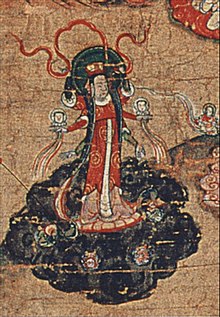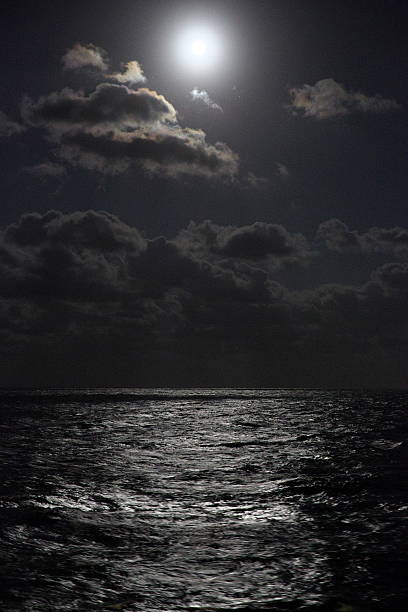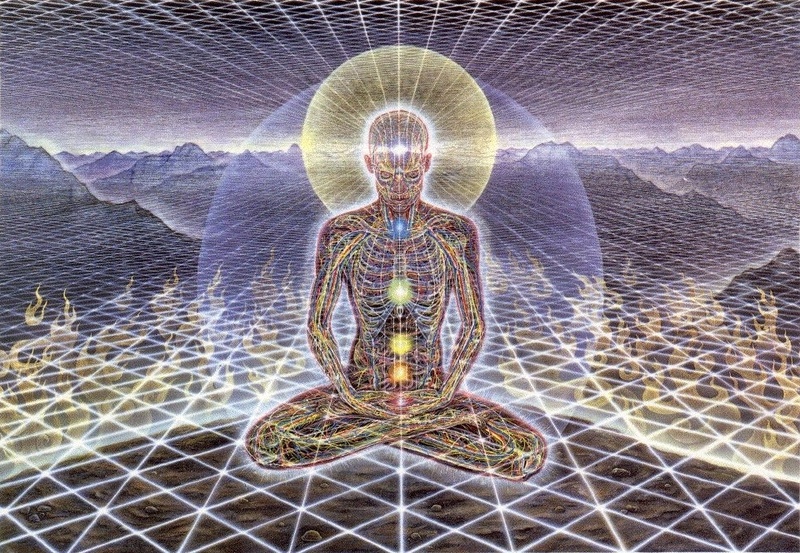New Age philosophy has always been rather irrational, but of late it has become quite pathetic. This hit home for me in the last few days when someone in town said, “the Lord of Light and the Lord of Darkness are the same being.” No wonder he’s been increasingly depressed of late.
One can be overcome by despair these days even with a clear and coherent philosophy of course. But one need not add to it by embracing such nonsensical conflations.
Making a sharp distinction between the lords of darkness and the lords of light does not necessarily imply a Manichean worldview. It simply means that one doesn’t confuse and conflate good and evil.
My basic premise is that evil is man-made, whereas life, beyond the feel-good cliché, is good. That is, nature and the universe are good; man is the maker of darkness and evil.

In “The Lessons of History,” Will and Ariel Durant ask, “Does history support a belief in God?” The Durants postulate: “If by God we mean not the creative vitality of nature but a supreme being intelligent and benevolent, the answer must be a reluctant negative.”
“If history supports any theology,” the Durants opine, “it would be a dualism like the Zoroastrian or Manichean: a good spirit and an evil spirit battling for control of the universe and men’s soul’s.”
Such a conclusion, after a lifelong study of history, is simply silly. I don’t know about historians, but no philosopher worth his or her salt could ever come to a conclusion that “a good spirit and a bad spirit are battling for control of the universe.” Seriously, control?
We need to restrain and retrain ourselves to questioning and reflecting on human consciousness, rather than projecting our notions of good and evil onto the entire universe. There is evil, but it is man-made. Goodness, like the beauty of nature, is not man-made. It grows or perishes within us depending on our insight and understanding.
The Durants’ existential error is confirmed by the statement, “The total evidence [of history] suggests either a blind or impartial fatality, with incidental and apparently haphazard scenes to which we subjectively ascribe order, splendor, beauty, or sublimity.”
An Atheists’ Creed, as the flipside of the Apostles’ Creed, could not have a more clear core premise. The unasked question is: Is there “order, splendor, beauty and sublimity” that are not “subjectively ascribed?”
Having experienced that order innumerable times during meditations in nature, I’m certain there is such an actuality beyond the known and knowledge. I’m also sure that evil, meaning intentional, collective and man-made darkness in human consciousness, exists and dominates rules the world.
So I’m sure there are lords of darkness, but not sure there are lords of light. There is however, a limitless numinous dimension that the completely still and silent human brain can ‘feel’ and even share. The question is, is there a cosmic intelligence that isn’t indifferent to us, and has relevance for the individual and society?
Doubting there is a cosmic intelligence that ‘cares’ (to put it in human terms) about the fate of individuals and humanity may indicate a lack of faith on my part (not faith as belief in God, but faith in life unfolding as it must, even with humankind). I hold that as a question or doubt however, not a conclusion or inference.

Combining “the Lord of Light and the Lord of Darkness” is therefore a confusion of the highest order. It disallows two things essential to growth as a human being.
First, “See for yourself the true as true, the false as false, and the true in the false.” Second, “Bring forth what is within you, and what you bring forth will save you; do not bring forth what is within you, and what you do not bring forth will destroy you.”
The human mind is inherently dualistic, which is to say thought intrinsically separates ‘things.’ If the mind-as-thought limited itself to utilitarian and scientific separation, and did not project separation onto nature, then thought would be simply a powerful instrument for survival, which does not divide and fragment nature and humanity.
So are the Durants correct in saying, “Nature and history define good as that which survives, and bad as that which goes under; and the universe has no prejudice in favor of Christ as against Genghis Khan?”
Like my acquaintance, they’re mistaken in comingling nature and history, given that man is an increasingly destructive anomaly in the seamless wholeness of nature.
History has certainly literally and metaphorically favored Genghis Khan over Jesus Christ. The book of history has not been closed however.
And when we read the book of history within ourselves, the cosmic Christ, by whatever name, is an open, urgent question.
Martin LeFevre

